Complete Guide to
Complete Guide to Acting
With hard work, dedication and some great advice, you can become a successful actor and make your mark in the world of entertainment.


Acting is a truly rewarding career that can take you to amazing places working with incredible people from every corner of the world.
But as you can imagine, a job that is that amazing isn’t the easiest to succeed at. In fact, did you know that only 2% of actors make a living from their craft? That’s a crazy statistic that is enough to put anyone off trying, right?
But here’s the thing. The vast majority of that 98% of actors who are struggling to make ends meet or land paying roles probably didn’t start off on the right foot. They may have signed with the wrong agency or followed some bad career advice.
That’s precisely why we’ve created this guide. It’s your ‘all you need to know’ resource for every aspect of starting out as an actor. From the skills required to how you can prepare for your first audition, this guide is designed to get you and your career off to the best possible start.
But before we go any further, let’s tackle the basics.

What is acting?
Simple question and it’s a simple answer — acting is the pastime or occupation of performing in plays, on film, or on the radio.
Every time you watch a TV commercial, a play, or a movie, every single person in that production is an actor. Some are more visible than others and while not all will be professional, all will have worked hard to get where they are. And for the purpose of this guide, you can assume that all types of actors mentioned are professionals. That means that they get paid to act.
Simple enough.
Can anyone be an actor?
Yes, absolutely anyone in the world can be an actor. This is regardless of age, gender, size, cultural background, physical or mental ability. The simple fact is that anyone with the will to act can do so.
But that doesn’t mean that anyone can be successful. To be a success, you will need the right mindset, a lot of patience, and a willingness to learn. Granted, some people may be much more skilled than others and they will naturally land more roles, and we’re not for a moment saying that everyone can act at the same level as the likes of Cate Blanchett or Al Pacino.
What we are saying though is that acting is a truly inclusive occupation that is open to all. There are, quite literally, no barriers to becoming an actor other than those which you create yourself.
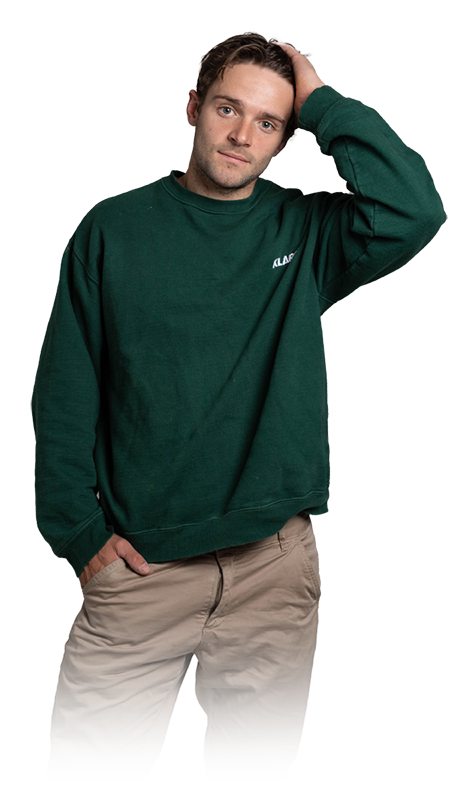
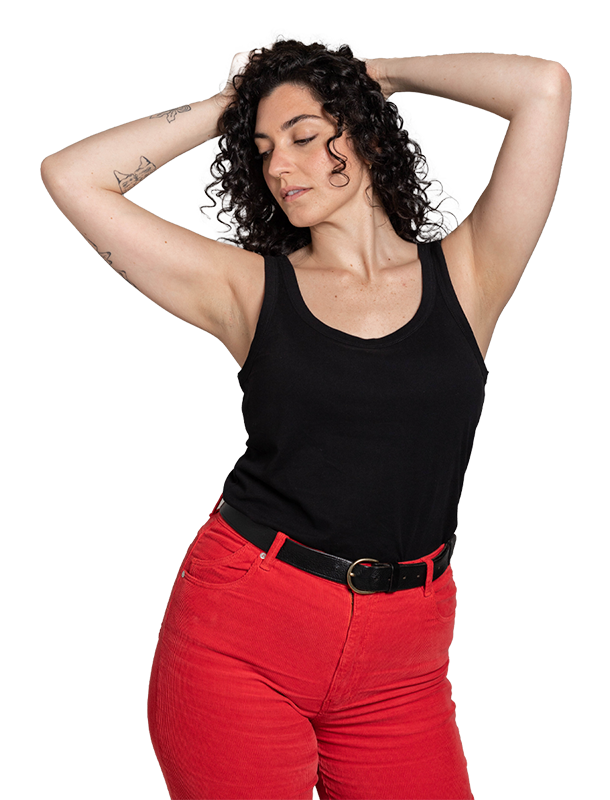
What skills do actors need?
There’s a common misconception that acting is just about memorising lines and doing what the director tells you to do, but there’s actually a lot more to it than that. Here are some of the most important skills that any aspiring actor will need to pick up if they want to be a success.
Patience, and a lot of it
Here we go again. Yes, patience really is a virtue when it comes to acting and not just for the reasons we explained earlier. Of course, you will need to be patient while you wait for your opportunities to come along, but even after they do, you’ll still need this skill. This is because working on set can be tough and extremely demanding especially when the director is looking for that perfect performance. You may find yourself doing take after take after take with only minor adjustments to your part or perhaps none at all if the director is trying to tweak another aspect of the scene. This can get very tiring very quickly so being patient will be a huge help not just for you but for those that are working with you too.
And just remember that a patient actor who is happy to keep plugging away will be remembered for their professionalism.

Good listening skills
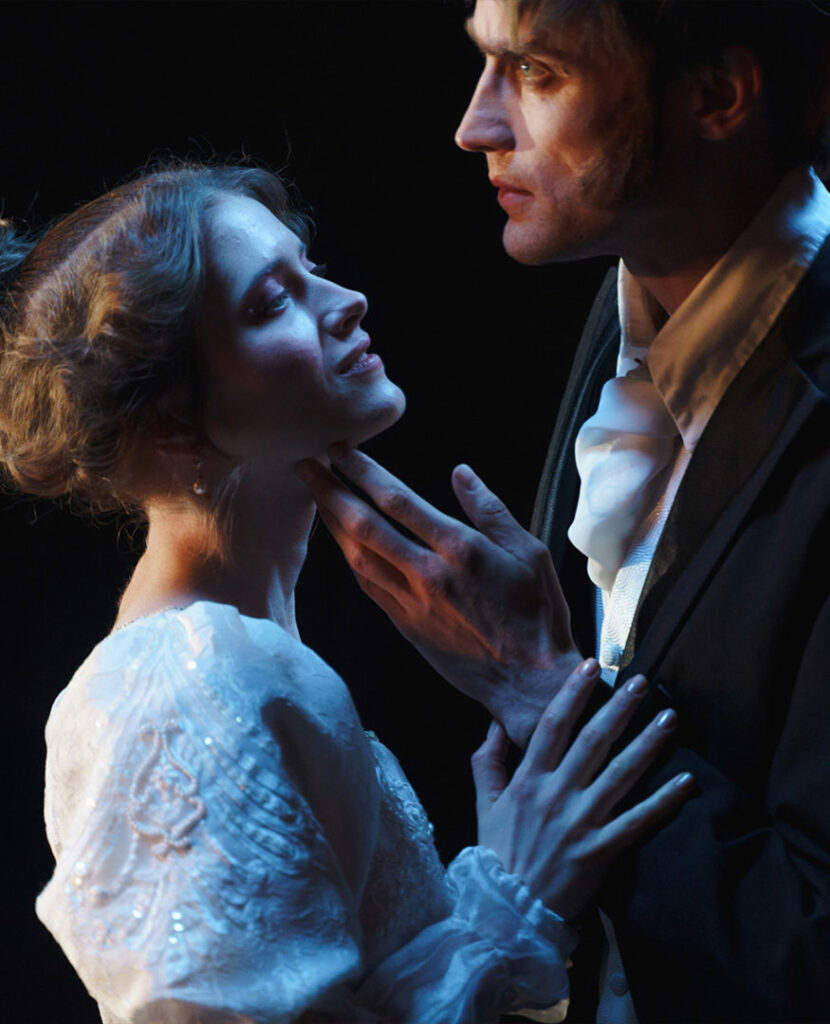
Improvisation and creativity
Actors really don’t get as much credit as they deserve for what they bring to roles. Directors will have a vision of how a character should be, but sometimes in the moment, an actor will improvise and add something of their own to a character. Of course, this won’t be the best idea on your first acting job, but even then, there could be times when the director asks you to go with your gut and act the way you feel you should. This is when those improvisation and creativity skills will come in super handy. If you’re attending drama classes at all or have done so in the past, then you’ll be very familiar with the benefits of improvisation as a rehearsal technique.
An amazing memory
Okay, so here we are with the one most important skill that all actors really need to have and that is the ability to memorise lines. Now, we’ve all seen the bloopers and outtakes from movies where an actor simply can’t remember a line. It’s funny and everyone on set is having a great laugh at their expense. But this is likely because the rest of the time that actor can nail their lines.
So if you struggle to memorise lines or actions, now is the time to really work on that. You can try to start with some simple memorisation techniques and go from there. But trust us, this is a skill that you cannot live without.
What are the main acting techniques?
As you can imagine, since acting has been around for a very long time, there are scores of acting techniques that have been devised and used throughout the ages. But believe it or not, it’s the techniques developed in the last century or so that are the most popular. In fact, despite there being so many techniques and acting methods out there, nearly all of them are at least loosely based on the principles involved in the techniques listed below.
It’s worth noting that most actors will use aspects of various techniques to suit their needs. This means that you don’t necessarily have to choose one and stick to it. After all, acting is all about adaptation and improvisation, right?
With this in mind, we won’t go into too much detail for each technique but instead give you a basic understanding.
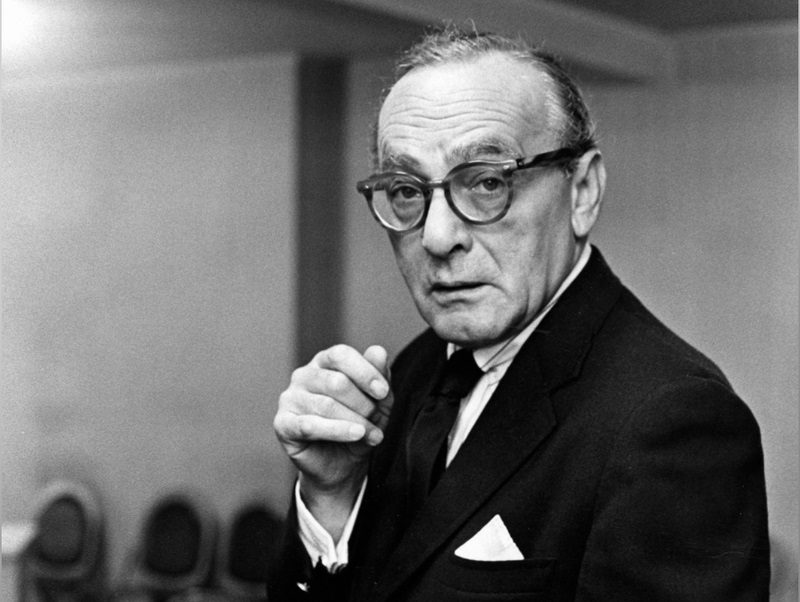
The Meisner Technique
Developed by Sanford Meisner, this technique is centred around three principles:
- Emotional preparation
- Repetition
- Improvisation
Each of these principles is said to work together to help actors better understand their role and engage with other actors. This is believed to be better preparation than simple memorization or rehearsal.
The logic behind the Meisner method is that these three principles work together to help actors engage with their scene partners as opposed to just relying solely on memory or rehearsal.
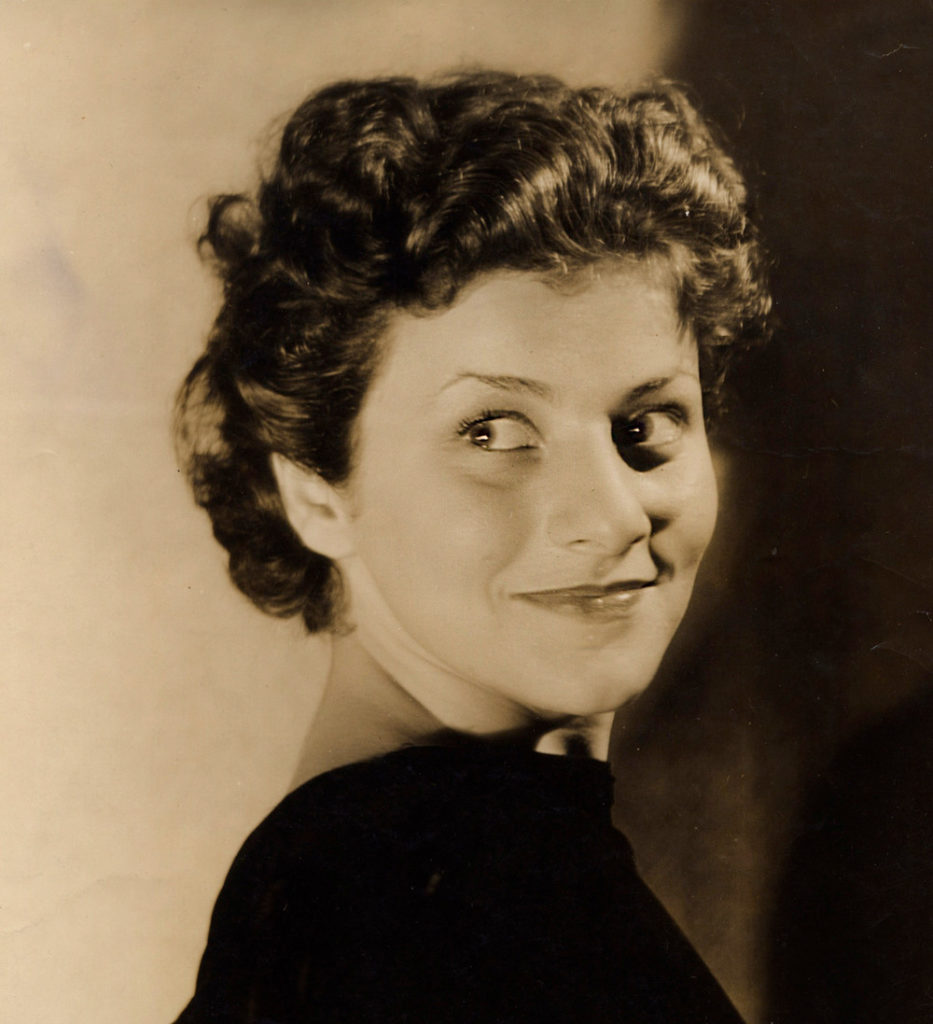
The Viola Spolin Technique
This is a very popular technique with child actors as it involves learning through games techniques. But that doesn’t mean that it’s just for kids. This technique is great fun for all ages and particularly for group rehearsals or lessons.
The most popular games played using the Viola Spolin technique are:
- Group counting
- Gibberish
- Who started the motion?
To give you a rough idea of what’s involved, let’s talk about gibberish. This is when actors are asked to perform a role without using any legible words or, in other words, by speaking gibberish. The idea is that you must express yourself through your intonation, expressions, and physical movements.
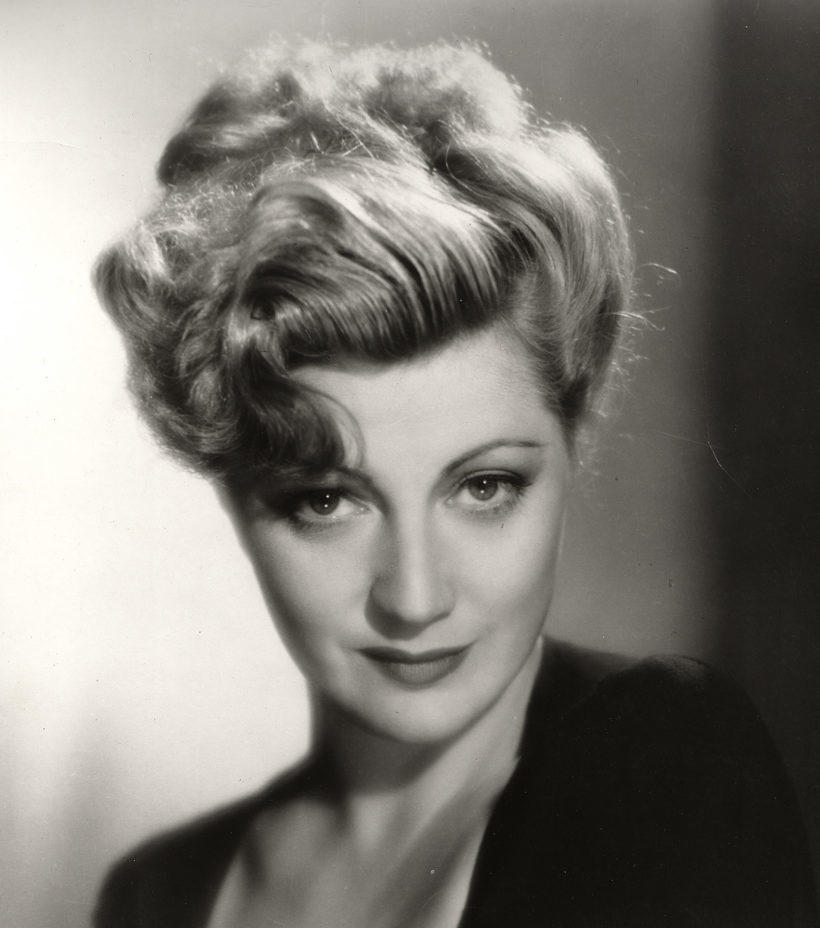
The Adler Technique
A member of one of the most famous New York theatre families, Stella Adler developed her own acting technique which encouraged actors to bring their personal experiences into their acting.
Here are some of its core aspects.
- Personalisation
- Power of imagination
- Justification and actions
- Adler believed that using personal experiences to understand a character’s motivation or mood helps an actor to give a truly authentic performance.
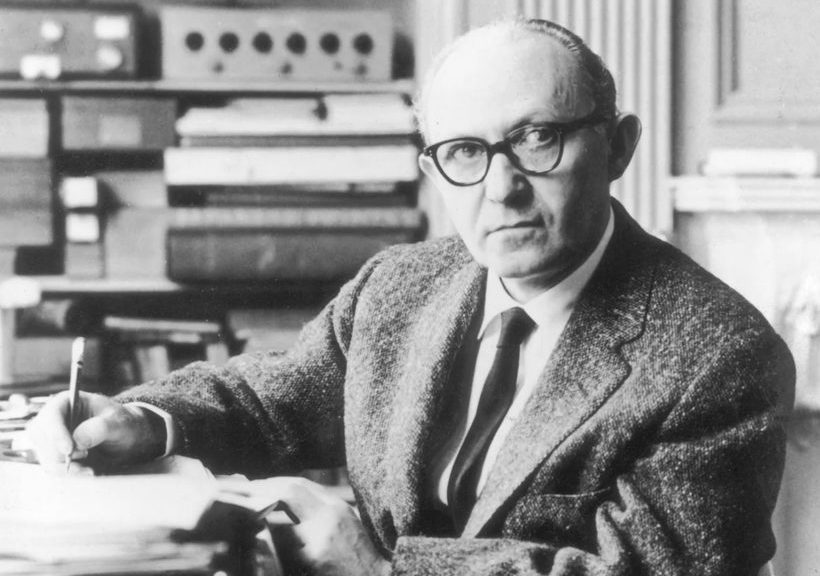
The Strasberg Method
Lee Starsberg is often referred to as the “Father of method acting in America.” This is something that probably rings a bell or two as it’s a technique often used by actors who fully immerse themselves in character.
Strasberg’s most popular methods include:
- Removing tension
- Focus and deliberateness
- Using sense memory
- Identification and replication
These techniques are for those who are truly committed to a role so perhaps not something that you’d attempt if you have a one line appearance in a scene, but certainly something that a leading actor would be interested in.
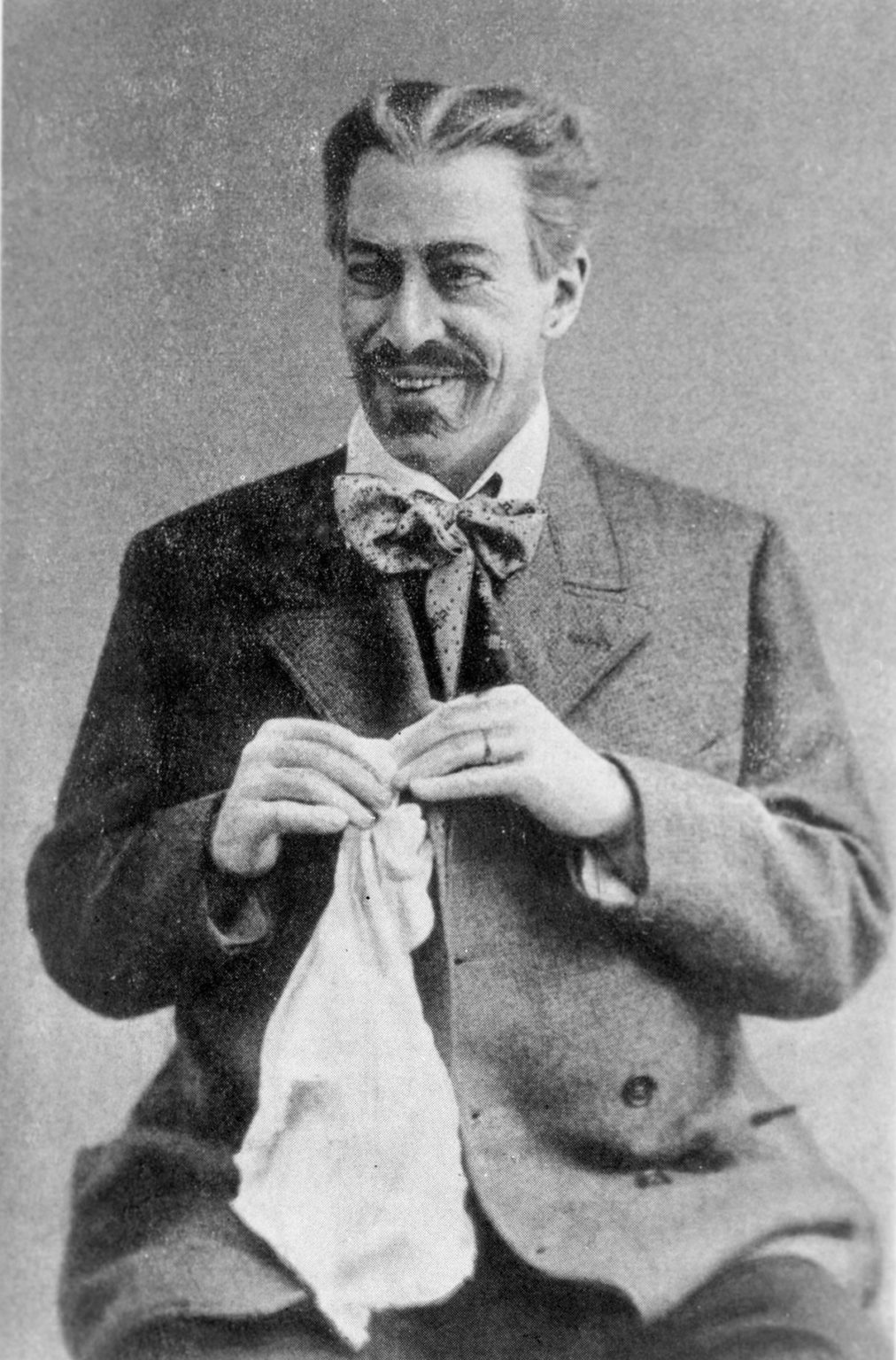
The Stanislavsky Technique
Created by Konstantin Stanislavsky who is often referred to as ‘the father of modern acting’. Stanislavsky’s method involves living a role instead of performing it and includes the following core aspects:
- The magic if
- Objective
- Emotional memory
- Physical action
- Subtext
The most used aspect is the ‘magic if’ whereby an actor imagines what their character would do ‘if’ something were to happen that is unrelated to the actual script. This allows you to really get inside the mind of the character and truly understand their motivation.
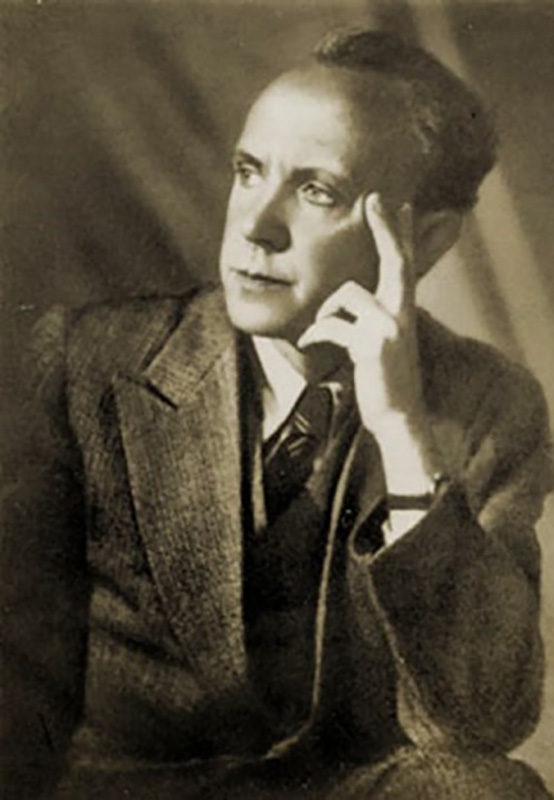
The Chekhov Technique
Michael Chekhov was a student of Konstantin Stanislavsky and as you can imagine, his technique derives a lot of inspiration from his mentor’s teachings. However, the overriding belief behind this technique is that all actors are creative artists.
This is one of the deeper techniques that requires quite a lot of introspection. The following are some of its core aspects which will give you an idea of just how deep this technique goes.
- Sensitivity of the body
- Psychology
- Creative imagination
Chekhov believed that an actor’s imagination is just as important as their ability to memorise and recite lines. He believed that actors could have a much more integral role in the overall production of a scene through their creative imagination.
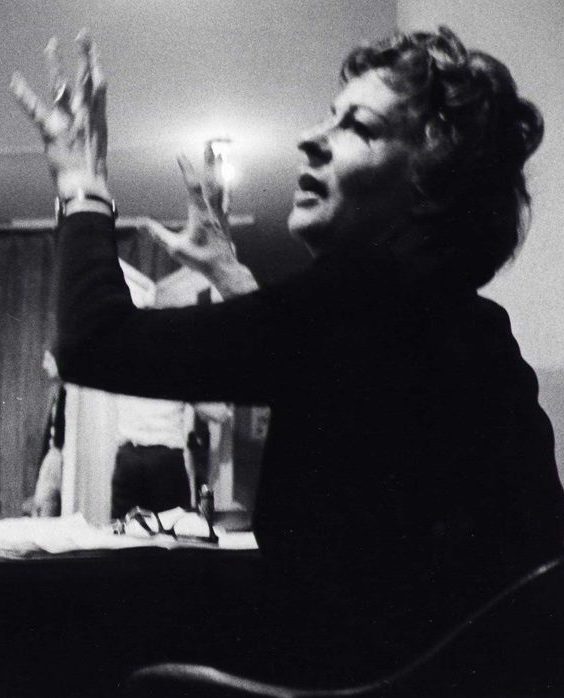
The Uta Hagen Technique
German American actress and drama teacher Uta Hagen enjoyed a prolific career in the USA developing her own techniques for giving knockout performances on Broadway. She then taught those same techniques to her students and her teachings are still widely used today.
The core tenets of her technique are:
- Substitution
- Specificity
- Authenticity
- Preparation
She also created nine questions that are designed to help actors develop a character’s backstory to give them a better understanding of their role and character.
- Who am I?
- What time is it?
- Where am I?
- What surrounds me?
- What are the given circumstances?
- What are my relationships?
- What do I want?
- What is in my way?
- What do I do to get what I want?
These questions are often used by acting coaches even if they do not follow Hagen’s overall technique so you will certainly come across something similar during your time as an actor.
What are the different types of acting roles
As you are probably well aware, much like we all have different personalities, no two acting roles are quite the same. But aside from character, there are actually other ways to differentiate between roles on a film set or in a theatre. The following are the most common types of acting roles that you may find yourself up for.
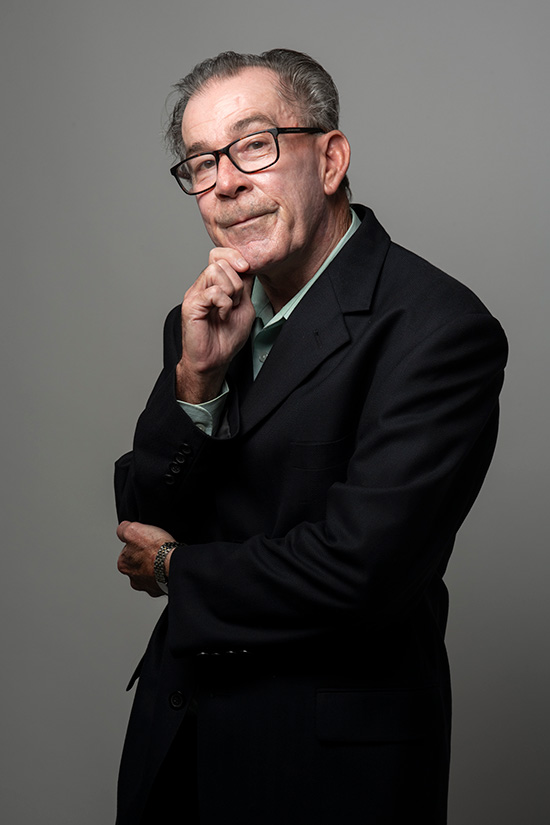
Background role / extra
This is a role where you are part of the cast that moves around in the background of a scene. You may have to interact with others or perform some actions such as drinking a coffee in a restaurant or stacking some shelves in a supermarket. These roles are also known as extras or in some cases atmosphere actors. A background role will rarely have any lines or decisive actions.
Lead role
This is one of the main characters in a feature film or a TV series. They will appear in multiple scenes and have quite a lot of lines. Actors in lead roles are crucial to the success of a production. This is why this type of role takes much longer to cast than extra work. As an aside, it often pays quite well making it the most sought-after role on a production.
Supporting role
This role will be a smaller part in the production and actors in supporting roles will usually appear in multiple scenes. Depending on the character’s importance in the production, they may have quite a lot of lines and in some cases as many as the lead role. However, they are not the main focus of the story and are there in support of the lead only.
Recurring character
The recurring character is a role that is reserved for TV series. This is a character who intermittently appears in the series, but not in all episodes. This means that they are not part of the main cast. However, they can still have an important role to play in the story particularly if there’s a close relationship between them and one of the lead characters.

Side character
Often referred to as a co-star, the side character supports the lead character, but not as predominantly as a supporting role. They may have their own story arc that is separate but not integral to the production. They won’t have too many lines and will appear in fewer scenes than supporting actors. These roles are usually created for a specific purpose that is related to the main character’s own story arc or background.
Cameo
This is one that we see a lot of in TV shows where the production writers will create a role with a specific actor or celebrity in mind. Think of any pop star’s appearance in a TV show or Stan Lee’s cameo roles in Marvel movies. Cameo roles are usually very short and reserved for A-listers. So it may be some time before you’re considered for this type of role!
How much do actors get paid?
Now this is the million-dollar question because as much as you may love acting, you still need to pay those bills, right? Unfortunately, it’s impossible to put a dollar figure on the amount that you may earn as an actor for myriad reasons.
First of all you need to understand that every single role we mentioned above will be paid differently. This makes sense as the more often you appear in a production and the more lines you have to learn, the more you should be paid. So extra work pays less than lead roles or even supporting roles.
Then there is also the type of production you’re involved in. TV commercials, feature films, TV series — they all pay differently and this can depend a great deal on the anticipated audience size or success of the production. If it’s a pilot episode for a new series, actors could be paid significantly less than they would for a role on an existing, successful production. Likewise, a small independently funded movie would pay its actors less than a big budget movie backed by a major production company.
Finally, there is the not so small matter of experience. While the acting roles that you audition for will often have set rates, as you become more experienced and appear in more productions, you may be asked for by name. This is when you and your agency can sit down and discuss increasing your rates. Of course, to get to that point takes a lot of hard work and plenty of practice.
And speaking of practice…


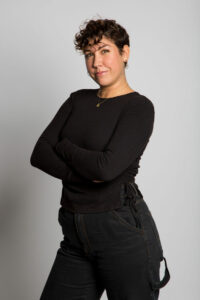

Acting activities and techniques to practise at home
An actor’s career is all about continuous improvement with every role you take often teaching you something new about your craft. This is why it’s absolutely essential to remain in that learning mindset at all times. You can easily do this by creating a practice routine at home that you try to stick to as rigidly as possible.
Read aloud
A cold reading is one of the little surprises that casting directors will drop on you in an audition. This is when you’re given a script that you have never seen before and asked to read with emotion and in character. It can be a tough one to master, but a great little trick we found is to practise reading aloud and with emotion at home. The best thing about this is that you can do it with pretty much anything from a newspaper article to a recipe!
Film yourself
This is a great technique that will help you identify areas where you can improve your skills. It’s a good idea to use a script that you are familiar with, although perhaps not your self tape monologue as you want to challenge yourself. Simply record yourself acting out a scene and keep trying to improve on your performance.
Learn to breathe
Sounds silly when we put it like that, but how you breathe is actually a very important aspect of your performance. This is because it can affect your voice, intonation, and even your ability to memorise and deliver a line. Yep, kinda important, right? A neat little trick is the ‘Hum Ha’ exercise. This involves taking deep breaths and on your exhale, either humming slowly or saying the word HA quickly. This helps you learn to control your breathing so you can enunciate your words correctly.
For a few more tips and techniques, check out our article on acting techniques to practise at home.
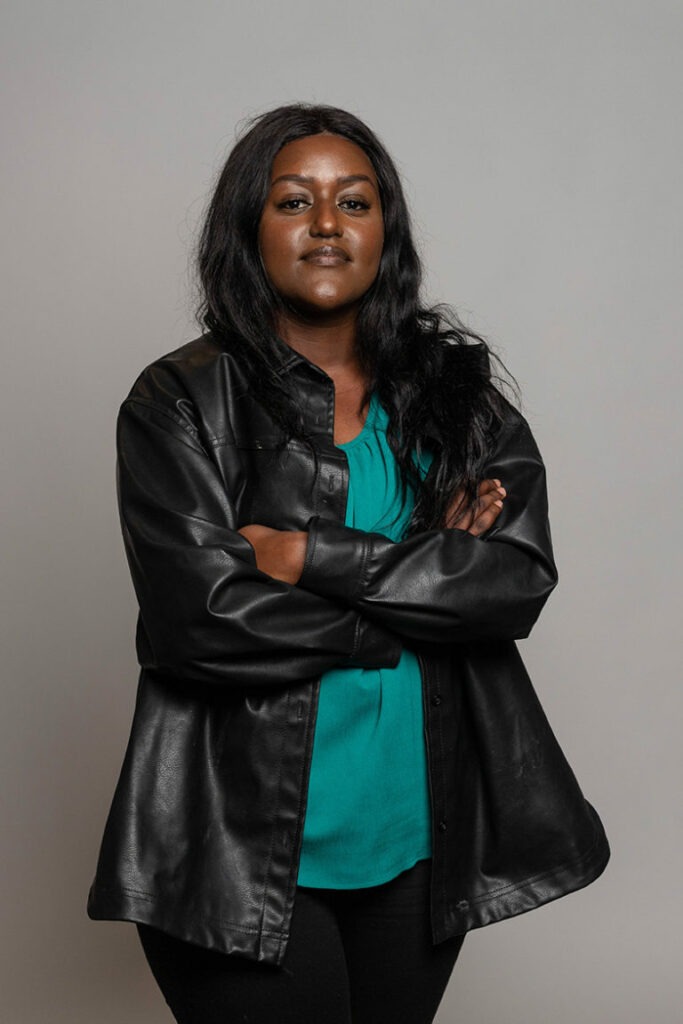
An actor’s tips for career success
Here at Hunter Talent, the team has worked with actors at various stages of their careers and those that are most successful usually follow these simple and straightforward tips.
Treat acting like a real job
One of the best pieces of advice any experienced actor will give you is to take your job seriously. That means being professional at all times. From arriving on time to auditions to taking constructive criticism in the spirit it is given, behaving in a professional manner makes all the difference not only to how others perceive you but how you feel about yourself and your career prospects.
Practice makes perfect
It’s an old adage, but it is so very true — practice makes perfect. So keep working on your skills no matter how successful you may become. This learning mindset that we spoke of earlier not only makes you a better actor in the long run but makes you an easier actor to work with. And when an actor is good and easy to work with, directors will want to work with them again.
Don’t listen to the haters
There will always be someone out there who wants to rain on your parade. That’s simply the nature of show business. You just have to remember that it’s not people on social media that you need to be concerned about — you should be thinking only about how directors and casting directors view your skills. If you’re landing roles or at least consistently making it through to the second round of auditions, then you’re obviously doing something right.
Learn from your idols
Sure, practice makes perfect, but you’ll also learn a hell of a lot from watching your idols perform. So instead of just keeping on top of your own techniques, start paying closer attention to the performances of your favourite actors. Look at how they act with emotion, and how they convey certain feelings with simple actions or facial expressions. Just drink it all in because you never know when it might come in handy.
Start to network
A lot of people think that acting is all about knowing the right people to land the big roles, but that’s not quite true. No matter who you know, you still need to put in an amazing performance in your audition to land the role. However, it is still a good idea to start getting to know people in the industry as soon as you can. It can’t do you any harm to be on first name terms with a few casting directors who may think of you first when a specific opportunity comes along.
How to get started as an actor
Sign with an agency with a proven track record
We’ve said this many times before, but signing with the right agency is perhaps the most important step you can take in your acting career. In fact, choosing the wrong one can do irreparable harm to your career before it has even started.
Now, there’s no need to worry too much because there are lots of great agencies out there that will take good care of you throughout your career — Hunter Talent is obviously the best though, right?
The reason it’s so important to choose an agency with a proven track record is that casting directors will often come back to the same agency when casting for new roles before they look elsewhere. So if your agency has worked with major production companies in the past, then they are likely to do so again in the future.
So what about the wrong agencies? Well, there is a growing number of agencies out there that are in it for the membership fees. They simply want to sign up as many actors as they can so they can collect fees while doing nothing to promote or help the actor. This is far from ideal and being connected to an agency like this might do you more harm than good as casting directors will actively avoid agencies that do not have the best interests of their actors at heart.
Build up your experience
This is a tough one as you may be wondering how can you be an actor without experience? Well, the easiest way to do so is to join your local drama club or theatre group. Of course, this will be unpaid experience and while not actual film work, you’d be surprised at just how valuable stage experience can be. After all, you’re performing live without the option to reshoot scenes.
You can also think about working on student films for free. The local film school will always have plenty of student films in production that are often crying out for actors. Just be careful to read the full script before signing up for anything. You want experience, sure, but you also would like it to be good experience if at all possible.
Take care of yourself
Most actors will live two lives at the start of their career. They’ll work a regular job to pay the bills while auditioning and taking on acting roles in their spare time. Those bills need to be paid so we’re not going to tell you that you can’t do this. However, it’s super important that you don’t bite off more than you can chew. If you don’t get enough rest, then your performances in auditions will suffer and you’ll have fewer opportunities as a result. So think very carefully about what you can and can’t take on and make sure that you always have plenty of time for rest and relaxation as well as a few minutes to practise those acting techniques.
How to prepare for your first acting audition?
Your first acting audition is a very big deal and it’s certainly a moment that you can celebrate. But it’s important to remember that this is your first attempt and that while it’s possible you will land the role, it’s not guaranteed by any stretch of the imagination. Okay, so reality check done and dusted, here’s how you prepare for your first acting audition.

Treat it as a learning experience
Every single audition should be treated as a learning experience and not necessarily as your ticket to fame and fortune. This type of mindset will help you deal with rejection because you will face rejection countless times in your career. It will also help you take a more analytical view of your performance in the audition so you can identify which areas that you need to improve on for their next time.
Prep like you never prepped before
A good actor is always prepared for their role, but they’re just as well prepared for an audition. For you this means knowing any lines that you have been told to memorise and being able to recite your monologue backwards if needs be. Seriously, this is actually a great way to impress a casting director while also helping you deal with those nerves. Ideally, we’d recommend spending some time with a friend rehearsing your part or role playing the audition. Can’t hurt and it will certainly help you get in the right frame of mind.
Talk to your agent
Your agent will have all the details for your audition so it’s important that you have a good chat about any requirements. For example, the casting director may have specifically asked that you do not wear makeup or hair products or they may have requested that you wear a white t-shirt. Whatever it is, your agent will know.
Know how to get there!
You’d be surprised at how many new actors make this simple mistake when heading to their first audition. Sure, you may have the address and a rough idea of where to go, but do you actually know how to get there? Is there parking nearby? What about public transport? Knowing these things will help you get there on time which is pretty important in the world of show business.
How to prepare for your first acting role?
It may not happen the first time around, but the time will certainly come when you land your first acting role and the excitement will be too much to bear. Here you are, a paid actor getting ready for your first job! But you know what, just like with your auditions, it pays to be well prepared before you arrive on set. Here’s how.

Don’t get adventurous
In the lead up to your first acting role, we strongly advise that you don’t spend any time doing anything out of the ordinary. Bungee jumping? Forget it. Rock climbing? You’re having a laugh! Stick to your normal routine because the last thing you want is a pulled muscle to ruin your big opportunity.
Eat normal food
No matter how much you might want to experiment in the kitchen with a new recipe or try out that new spicy dish at the local restaurant, don’t do it. Stick to your usual diet so you don’t have any stomach trouble in the lead up to your first day on set. Imagine the embarrassment of having to hold in gas all through your first day on set or worse…
Prep again!
We’re going to sound like a CD stuck on repeat here, but you really do have to be on top of your game for your first day on set. That means that you know all your lines and you have spent hours working on your character perhaps by using some of the acting techniques we mentioned earlier. Just trust us on this one. An actor cannot and never will be able to wing it. So be prepared and you’ll be able to give it your best shot.
If you have any questions or would like to know more about becoming an actor, feel free to give us a shout here at Hunter Talent. We’d be more than happy to have a chat with you to see if we’re a good fit for each other. Even if you opt to sign with another agency, we genuinely hope that the advice in this guide helps you along your way.
Want to break into the world of modelling and acting?
Our agency is dedicated to helping aspiring models and actors achieve their dreams. We have a team of experienced industry professionals who will guide you every step of the way, from helping you create a portfolio to finding the right auditions and casting opportunities. With us, you’ll have access to a wide network of industry contacts, and we’ll provide the support and guidance you need to succeed. Don’t miss this opportunity to kickstart your career.

